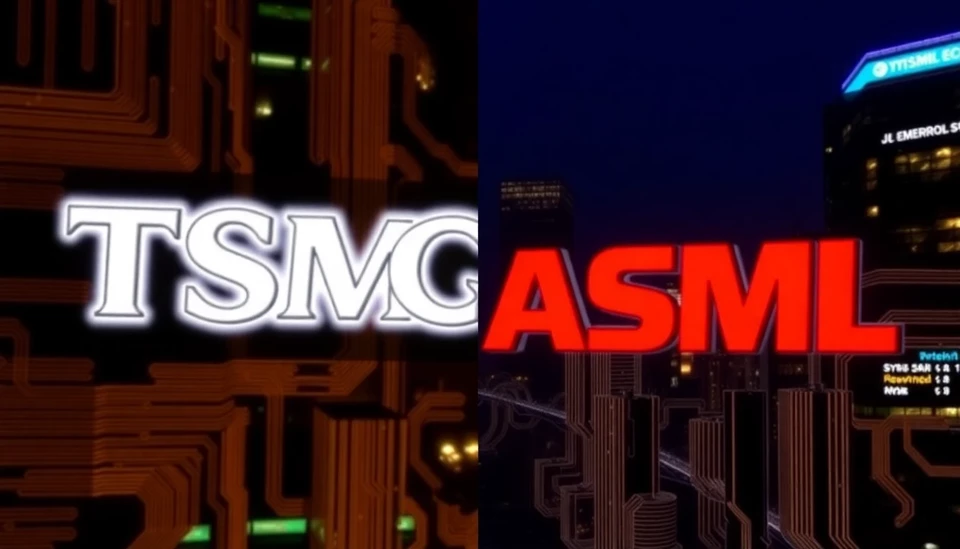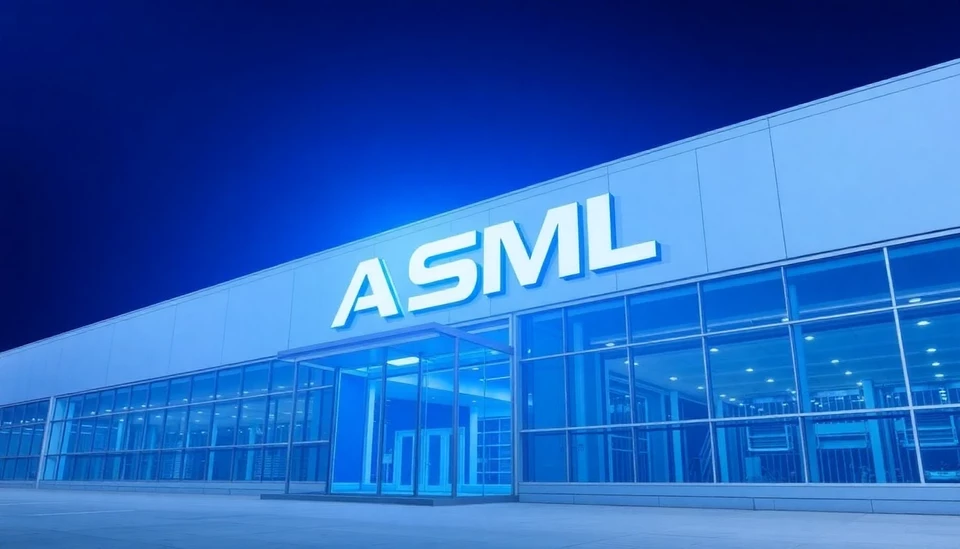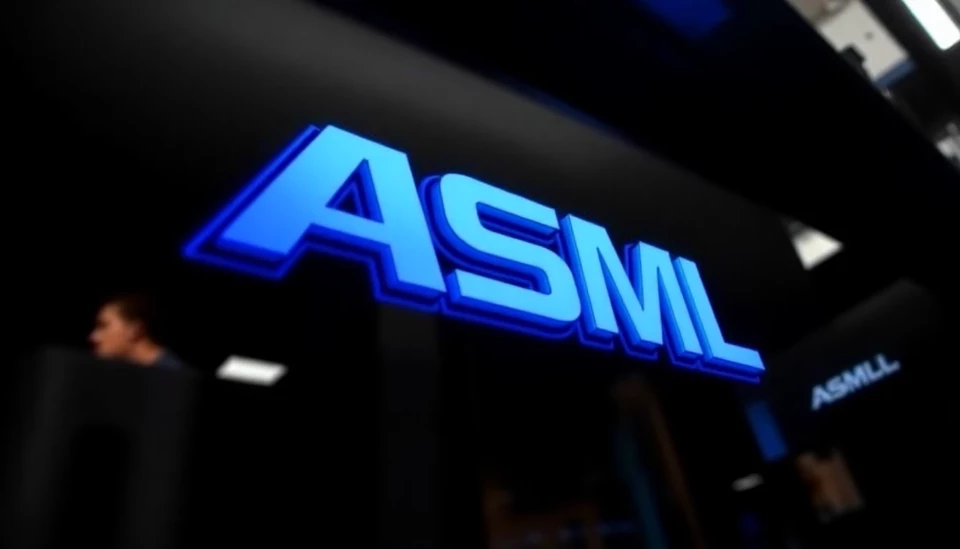
ASML Holding NV, the prominent Dutch semiconductor equipment manufacturer, is facing growing pressures from the United States to implement stricter export controls regarding China. BMW's CEO, Peter Wennink, expressed concerns over these rising tensions during a recent conference. According to Wennink, the subsequent regulations developed by the United States could further tighten control over the global semiconductor market and its intricate supply chains.
At the conference, Wennink noted that the U.S. has been actively engaged in efforts to create a framework designed to impose more rigorous limitations on the technology that can be shared with Chinese organizations. This regulatory push appears to stem from concerns regarding national security, particularly in the realms of advanced technologies and military applications. The escalating restrictions may, in fact, influence ASML's ability to provide lithography machines essential for producing cutting-edge chips.
ASML, which holds a monopoly on the machinery that fabricates the most advanced semiconductors, plays a critical role in the global tech supply chain. Any limitations imposed on its sales to China would have substantial repercussions, not only for Chinese technology firms but also for the broader semiconductor industry worldwide. ASML's machines are pivotal in the production of chips used across various sectors, including smartphones, computers, and increasingly, artificial intelligence applications.
The discussion surrounding these potential new restrictions comes just as the United States has already enacted several measures aimed at curbing China's technological advancements. This includes prohibitions on specific semiconductor technologies and investments in areas deemed sensitive. Wennink’s remarks highlight the growing concern among industry leaders regarding the impact of these policies, suggesting that they could escalate into a larger trade confrontation that affects global technology flows.
Industry analysts are paying close attention to how ASML navigates this challenging landscape. The company has already faced significant ramifications from previous restrictions, which led to a tightening supply of advanced chips for various applications. Should further limitations be enforced, the situation could become even more dire, forcing a reevaluation of partnerships and supply strategies across the industry.
While the U.S. endeavors to stymie China's technological growth, the strategy presents a complex dilemma for companies like ASML, which operates on an international scale. The implications of these policies could manifest not only in potential financial losses but also in broader geopolitical shifts, as countries scramble to secure their technological independence and resilience.
As the situation continues to evolve, stakeholders in the semiconductor industry will undoubtedly be monitoring these developments closely, particularly as they can have far-reaching ramifications for supply chains, pricing, and international relations within the tech sector.
#ASML #Semiconductors #USChinaRelations #ExportControls #TechIndustry #SupplyChain
Author: Samuel Brooks


